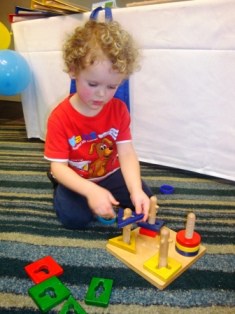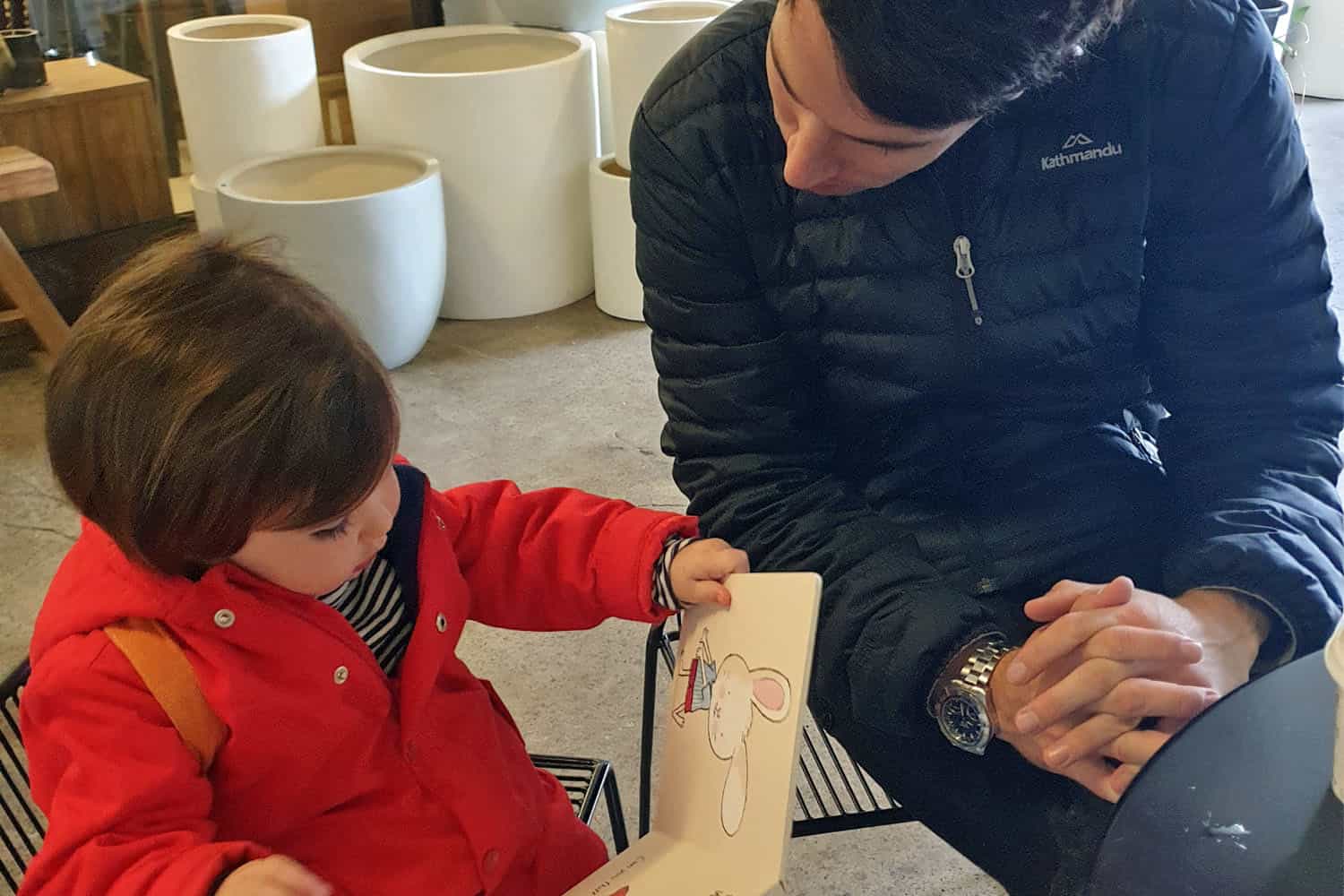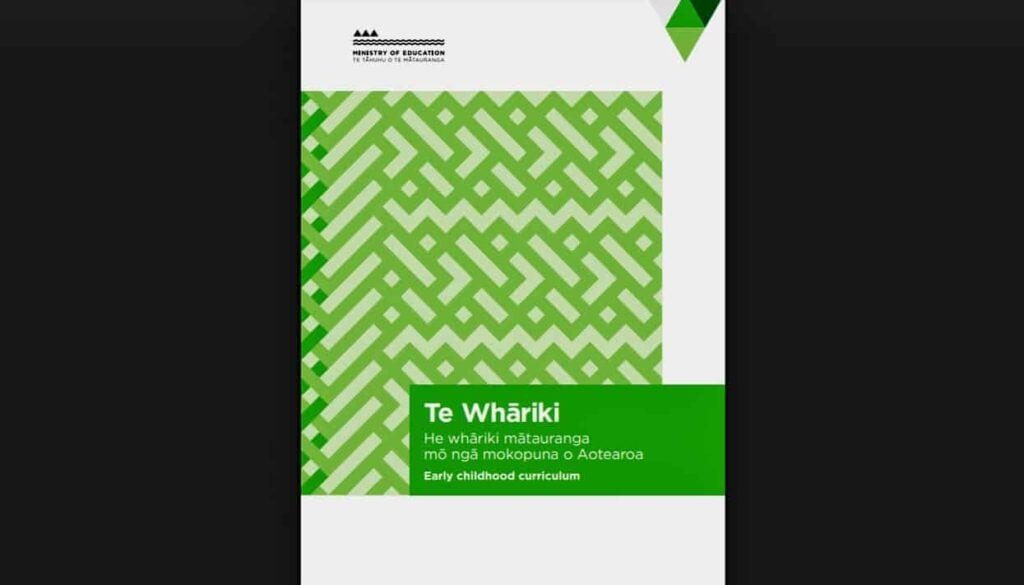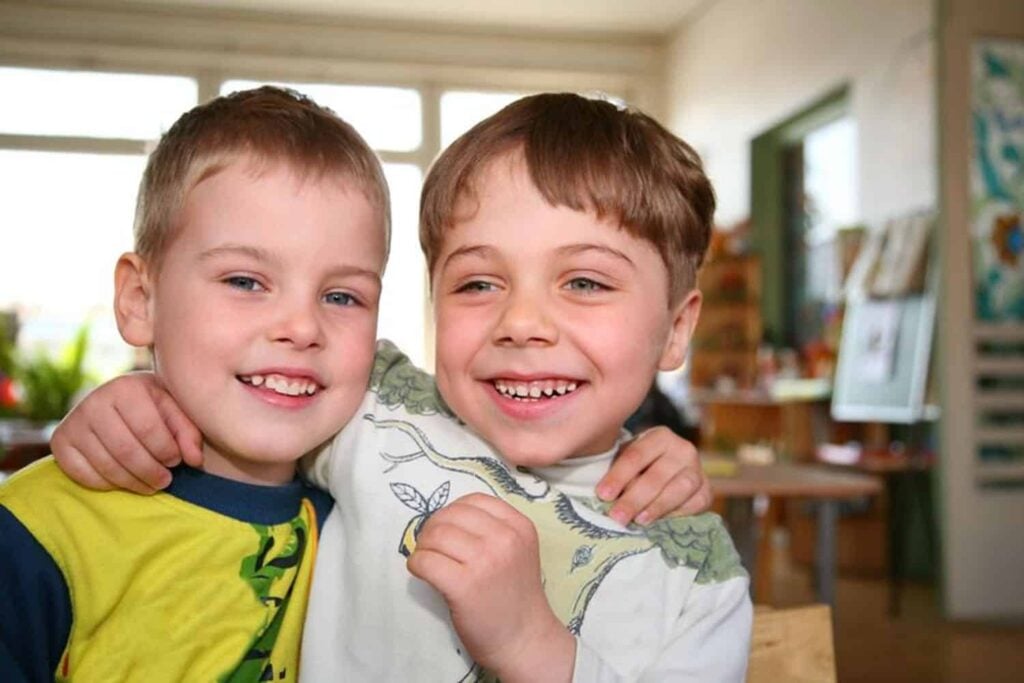Best age to start.
By Dr Sarah Alexander.
In England, Prince George had his first day at preschool (a Montessori centre) when he was 2 years 6 months of age.
Like most NZ children, it’s unlikely Prince George suffered intellectually from not attending an early childhood programme from infancy.
So what’s the best age to start?
But today many parents are time poor and early childhood services are really helpful and a great support to parents who want to know that their child is still getting educational stimulation. There are many other reasons for starting a child in early childhood education from a younger age, including for care while parents are working or studying, for the child to make friends, and to be part of a community.

It is important that the child has first established a secure attachment with his/ her parents or caregiver. The early childhood service must have sufficient caring staff to ensure the child receives personal attention and care – especially in the early days and weeks of setting-in. Many thousands of children under 2 years of age in NZ are in early childhood education programmes and supported by their families and educators/ teachers they make the adjustment successfully.
In New Zealand some parents involve their children in Playcentre from birth. Parents are welcomed and expected to initially stay at Playcentre until their child is old enough and settled, and this can be a big support for parents as they cope with the huge challenges of parenting. Playcentre can provide a fabulous opportunity to meet other families and gain advice and good information about child development.
For families new to an area, enrolling with an early childhood centre can be helpful for building new networks of friends.
If you are not working or heading back to work, why not do what many in our parents generation did – they sent us along to a part-day preschool for educational stimulation and making friends, for 2 – 3 hours, 3 – 5 days a week.
If you are needing full-day hours of care but are hesitant to enrol your child straightaway at a service for long hours, then there are various options such as combining a morning or afternoon kindy or early childhood centre with home care under a licensed home-based agency
Whether or not your child has reached all his/her developmental milestones for his/her age does not matter for starting in an early childhood education programme. Teachers [should] work with and support children where there are at in their development and will help to get any extra support your child might need.
The early childhood education programme experience will help your child to:
- develop confidence to be alone without you,
- get an introduction to life within an institutional setting,
- learn to talk and listen in group discussions,
- develop strategies to cope with being part of a large group of children from different families/cultures/abilities, and
- learn many other things too.









